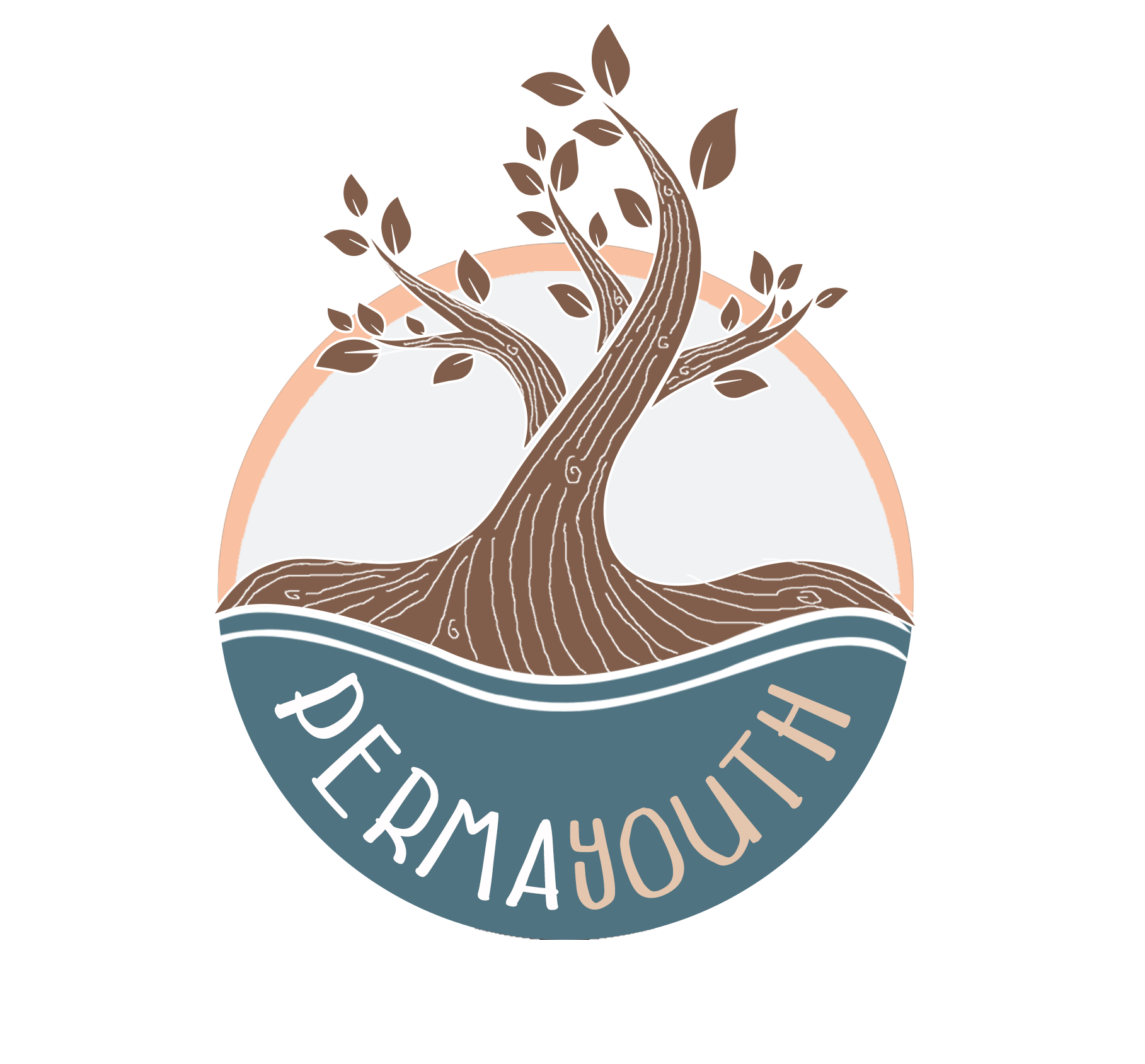Introduction to the Lesson
🌿 Welcome back, Perma People! What happens when we design systems without ethics? 🌍
When profit is the only goal, nature and communities suffer. But permaculture offers a better way! This lesson will explore:
- Why ethics are essential in sustainable design.
- The three permaculture ethics: Earth Care, People Care, and Fair Share.
- Real-world projects applying these ethics to create positive change.
Why is this important? 🌱 From food waste to climate destruction, we need ethical solutions to guide our actions. Let’s dive in!
Main Lesson Content
⚖ Act 1: The Challenge of Ethics in Design
Without ethics, human-made systems exploit nature and harm communities. 🌍💔
- Example: The Aral Sea disaster—one of the worst cases of environmental destruction due to unethical water use for industrial farming.
- Example: The Deepwater Horizon oil spill—a cautionary tale of what happens when profit overshadows environmental responsibility. 🛢️🐟
💡 Ethics are not abstract—they are the foundation of sustainable design.
🌎 Act 2: Earth Care – Our Planet, Our Responsibility
Nature has sustained life for billions of years—our job is to protect it. 🌱🌧️
- Example: AlVelAl project (Spain)—Farmers use permaculture to restore desertified land, planting native species and capturing rainwater. 🌾🌿
- Example: Urban organoponics in Cuba—Food is grown without pesticides, restoring soil fertility and ensuring local food security. 🌱🍎
✨ Earth Care = Healing the planet through thoughtful action!
👨👩👧👦 Act 3: People Care – Well-being Through Connection
Sustainability isn’t just about nature—it’s about people too. 💚
- Example: Prinzessinnengarten (Berlin)—A vacant lot turned into a thriving community garden, providing fresh food and social connections. 🌳🍽️
- Example: Findhorn Foundation (Scotland)—An eco-village where shared decision-making creates a strong, resilient community. 🏡🤝
✨ People Care = Building supportive, connected communities!
⚖ Act 4: Fair Share – Balancing Needs and Resources
The problem isn’t lack of resources—it’s unfair distribution. 🏪➡️🚮
- Example: Incredible Edible Todmorden (UK)—Public spaces planted with food for anyone to harvest, reducing waste and hunger. 🥕🥬
- Example: Disco Soup Movement (Germany)—Volunteers turn surplus food into shared meals, raising awareness about food waste. 🍲🎶
✨ Fair Share = Taking what we need, sharing the rest!
💡 Activity / Discussion Task
💬 Your Turn! Look around your home, school, or community. How can you apply one of these ethics today? 🌿 Maybe reduce waste, join a community project, or plant a tree. Share your idea in social media under the hashtag #permayouth 📝
📚 Additional Resources & Further Reading
🔗 Cuba’s Urban Agriculture & Organoponics
🔗 Disco Soup Movement – Fighting Food Waste
🔗 Findhorn Foundation – Eco-Village Living
